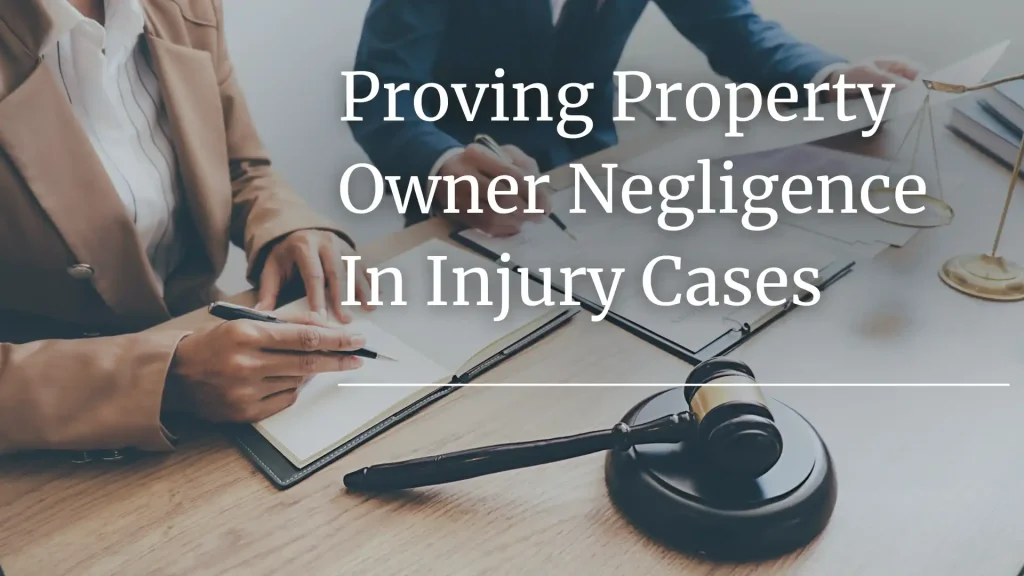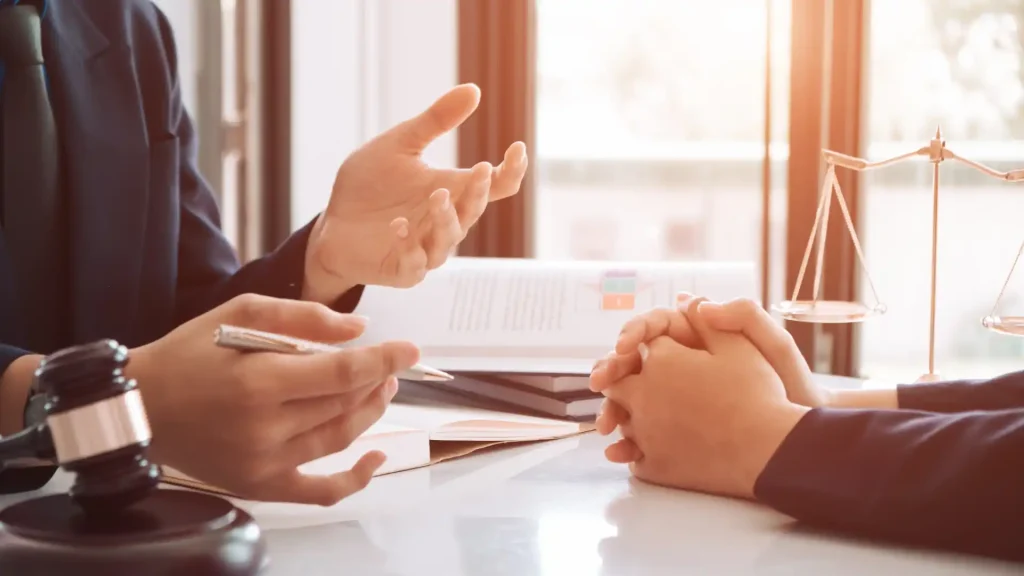Posted on Thursday, June 20th, 2024 at 8:41 pm

What happens if you get injured on someone else’s property? Can you file a personal injury lawsuit against the owner? In many cases, the answer is yes. Owners owe a duty of care to those visiting their property.
A premises liability personal injury claim can help you recover compensation if you suffered an injury due to property owner negligence. This compensation can be for your medical bills, lost wages, and other damages you experienced due to your injuries.
What Is Premises Liability?
Premises liability is a legal concept that holds property owners liable for hazards that harm visitors. If the property owner knows or should have known that the hazard was present, they must keep visitors safe.
If there are known hazards, property owners should take steps to rectify them. They should also have proper warnings if the risks are inherent to the property, such as wet floors near a swimming pool.
Premises liability claims don’t only apply to property owners, however. Renters of businesses that operate out of a property they don’t own may also be liable if they were responsible for the property’s upkeep.
Even third-party businesses responsible for maintenance or snow removal could be liable, depending on the specifics of your case. An experienced personal injury attorney can assist you in tracking down the at-fault party and filing your claim against them.
Evidence in Property Negligence Claims
Your attorney can and should collect various evidence to support your claim of property negligence. Some of the most common types of evidence include:
- Pictures of Your Injuries – You should take pictures of your injuries immediately after the accident. You should also take additional pictures after you’ve begun treatment. Your attorney can use these photographs as evidence of the severity of your injuries and the necessity of your treatments.
- Pictures of the Hazard – You should also get pictures of the dangerous conditions on the property that caused your injuries. In some cases, you may be unable to get these pictures yourself. If this is the case, get someone else to take them for you; these photographs will be valuable evidence later.
- Video Evidence – It is possible that a security camera within the property recorded your accident. If so, your lawyer can request that the property owner make them available. Your attorney can involve the courts if the owner pushes back against this request.
- Eyewitness Statements – If other people witnessed the accident that harmed you, their testimony could support your claim. Even if they didn’t see you get hurt, they may be able to support your claim in other ways. They may be able to help show that the hazard was there for an extended period, for example, or that they previously reported the risk to the property owner.
- Medical Records – Medical records that detail your injuries and the treatments you’ve undergone are essential for establishing the severity of your injuries. They can prove that specific treatments were reasonable and necessary for your recovery, making it easier to get compensation for them.
- Financial Statements – Although you may not expect it, your financial statements can also be essential evidence. If you had to take time off from work while recovering or cannot earn the same income as you could pre-injury, your financial statements can support this. This is especially true if your injuries are severe and permanent and you seek compensation for a loss of future earning potential.
Legal Strategies for Premises Liability Cases
The two main legal strategies in a premises liability case are to show that the property owner knew about the hazard or should have known about it.
One way to prove that a property owner knew about a dangerous condition is if they took some steps to mitigate the danger, but those steps weren’t enough. If they had a sign warning visitors of uneven stairs, for example, but failed to fix them, they knew the stairs were dangerous.
How can you prove that a property owner should have known about a dangerous condition? One way is to show that the hazardous condition existed on the property for an extended period. If a railing was loose for months, for example, the owner should have known about it.
Another way to show that a property owner should have known about a hazard is if it is recurring. Let’s say, for example, the property has a leaking roof that creates a puddle in the same spot every time it rains. If it rained on the day of your injury, the property owner should have known that the puddle you slipped in would form.
Illinois Personal Injury Statute of Limitations

According to Illinois law, the statute of limitations for personal injury claims, including premises liability, is two years. You must file your claim within this time limit to recover compensation for your injuries. Failure to do so could allow the defendant to file a motion for dismissal, which the court would likely grant. If this happens, you will lose your ability to pursue compensation in court, which could also affect your leverage over the property owner and their insurance company.
An experienced personal injury attorney can make sure your claim is filed correctly and on time. They will also be able to assist you with meeting the other deadlines associated with your case and will generally make the process go smoother.
Chicago Premises Liability Accident Attorney
Did a dangerous condition on someone else’s property lead to your injuries? You may have a valid premises liability claim against the property owner if you can show they knew or should have known about the hazard. Establishing this fact can be a complicated process, though, and one you should not embark on alone.
Contact Wallace Miller online or at (312) 261-6193 for a free consultation with one of our knowledgeable personal injury attorneys. We’ll review your case, explain your legal options, and assist you in seeking the compensation you deserve under the law. Don’t delay—let’s get started with your case right away.
